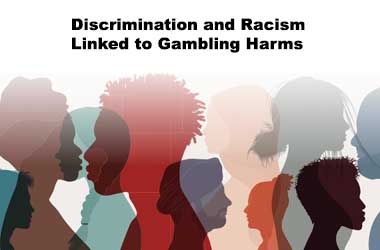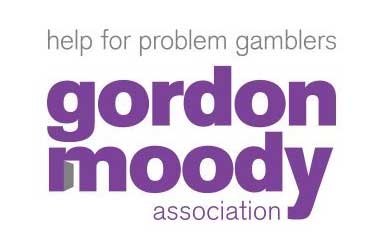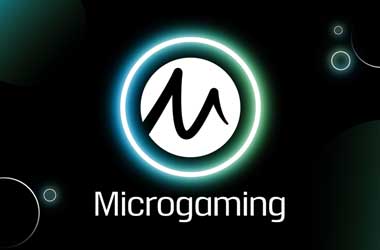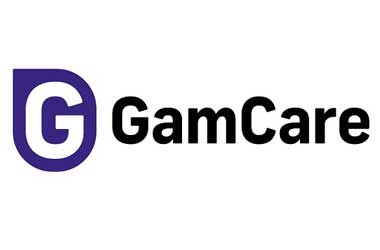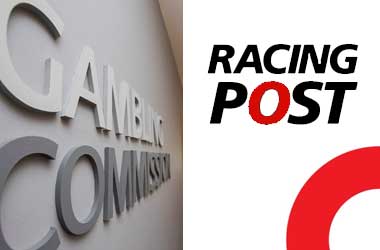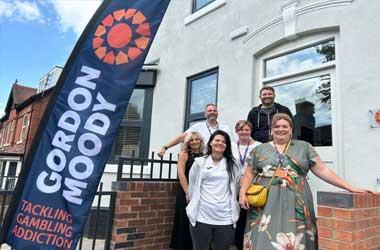 Summary:
Summary:
- The report looks into the outcomes of a pilot residential treatment programme launched in 2021
- The report found a high level of need for such programmes
- The service has had positive results, including gambling harm reduction and improved mental health
There is a high level of need for residential treatment programmes that deal with gambling harm and other co-morbidities in Great Britain.
This is one of the key findings of a report recently published by GambleAware which looks into the outcomes of a pilot residential treatment service launched by the charity in 2021.
Residential Treatment Service an Enabler of Recovery
Delivered by Adferiad Recovery and Gordon Moody, the “Residential Rehabilitation Service” focuses on providing support to individuals experiencing severe gambling problems and other conditions like substance addiction and mental health issues.
GambleAware commissioned the service with a view to addressing a gap in service provision in Great Britain for people dealing with conditions that are more complicated than those usually encountered by traditional treatment services.
The programme’s pilot implementation began in January 2022 and involves medically managed detoxification, intensive treatment for gambling harm, and acute mental health support. The clients undergo pre-assessment and receive residential treatment according to the issues they’re experiencing. Those struggling with substance misuse and mental health issues receive residential treatment at Adferiad while those experiencing gambling harm are taken care of at a Gordon Moody residential treatment.
Between December 2022 and October 2023, a consortium led by the Tavistock Institute of Human Relations, along with Magenta and IFF Research conducted an evaluation of the pilot implementation of the service on behalf of GambleAware.
The evaluation found that there is a “high level of need” for such services as both Adferiad Recovery and Gordon Moody reported that many clients with a gambling disorder also suffer from other co-morbidities.
Moreover, positive results have been observed for treatment and support provided in residential settings, as clients are allowed to start their recovery in an intensive, but also safe and supportive environment.
According to the report, the residential rehabilitation service has resulted in a reduction in gambling behavior and improvements in the client’s mental health, relationships with others, and quality of life. It has also helped clients establish a healthy lifestyle as they have developed positive habits such as healthy eating and exercising regularly. This is based on quantitative data and qualitative evidence gathered throughout the pilot implementation.
Report Recommendations
The report issued recommendations for the future development of the service, including stronger collaboration between Adferiad Recovery and Gordon Moody, and well-coordinated aftercare support to ensure continued recovery. Further research should also be carried out to determine the long-term outcomes of residential treatment services.


